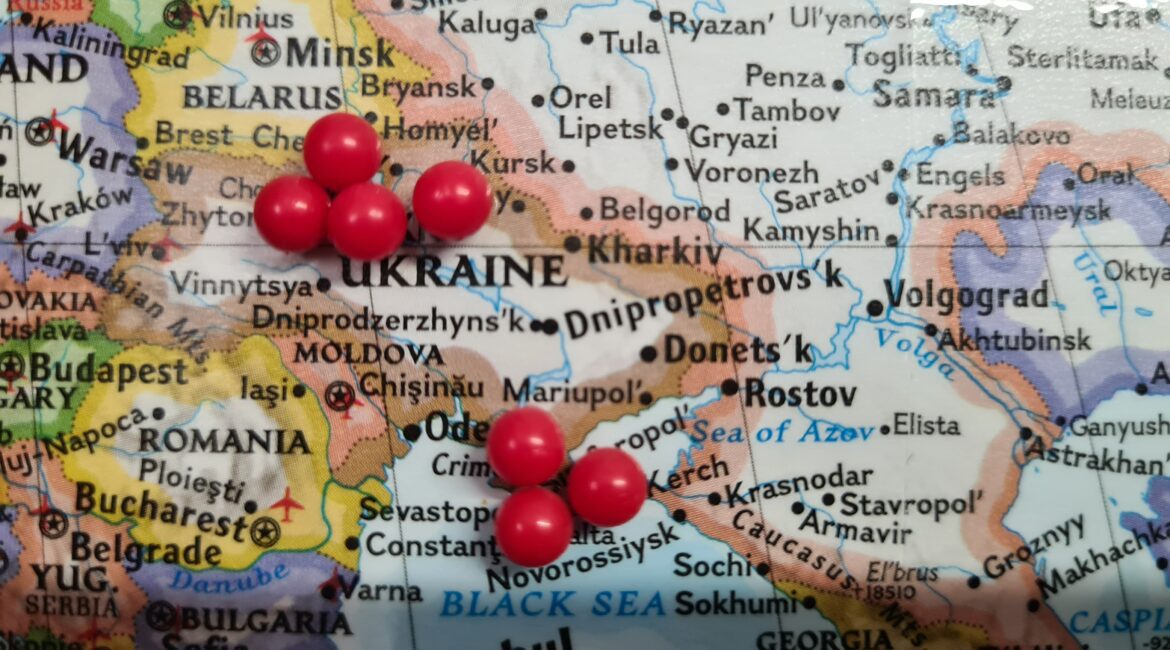These days, in Cairo, Arab League recalled "the importance of respecting the principles of international law", while pleading for "restraint" and a "diplomatic solution". The pan-Arab organisation uttered its worry over Russia's invasion of Ukraine and called for a "diplomatic solution," as the regional bloc's members tackle the matter with contradictory considerations.
Most Arab countries so far have not come down on one side or the other in the recent conflict. Middle East and North African governments are cautious in their reaction to Russia, a major supplier of the region's wheat and weapons. At the same time, they do not want to make unfriendly the United States, which supports Ukraine and is a traditional ally of major powers in the Middle East.
After an extraordinary meeting held on the fifth day of Russia's invasion, the 22-member Cairo-based League issued a statement reflecting its wish not to offend anyone. It recalled "the importance of respecting the principles of international law", while pleading for "restraint" and a "diplomatic solution".
The bloc said its members pledged to cooperate to ensure the safety of its citizens, mainly students, thousands of whom are trapped in Ukraine.
In economical terms, Russia is the world's top wheat exporter and Ukraine the fourth, leaving the Middle East and North Africa vulnerable to potential shortages of this essential food product, in a region where millions already struggle to get sufficient quantities.
Long aligned with United States, the Gulf has also adopted a largely neutral position, as the United Arab Emirates joined India and China in abstaining in voting on a United Nations Security Council resolution demanding the immediate withdrawal of Moscow's troops from Ukraine, which Russia vetoed.
Syria, which the Arab League suspended in 2011 and whose regime Russia has aided in its destructive civil war, leans clearly towards Moscow. Recently, president Bashar Al Assad told in a phone conversation to Putin that what was happening in Ukraine was "a correction of history and a restoration of balance which was lost in the world after breakup of the Soviet Union".
Algeria and Sudan tilt the same way, a reflection of their military links with Russia and the Soviet Union before it. Considering their interests with Europe and the US, they are likely to go on the side of ambivalence.

